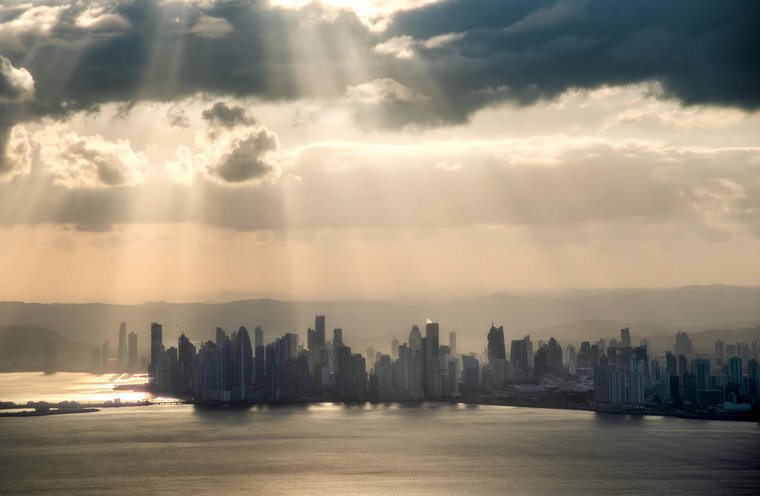At 66 years old, Cortizo’s election represents a continued consolidation of democracy in a country which celebrated its sixth presidential elections after the US invasion of 1986.
Laurentino Cortizo is the new president of Panama. Known as Nito, this businessman and livestock trader won by a narrow margin of 2%, and will take up the presidency until 2024. His campaign promises are centered upon revitalising Panama’s prestige abroad, damaged by the Panama Papers scandal of 2016.
He has gained the support of his followers who see him as a humble man who is sensitive to social issues, however he has also attracted controversy among his opponents who claim he is surrounded by corruption scandals.
At 66 years old, Cortizo represents a continued consolidation of democracy in a country which celebrated its sixth presidential elections after the US invasion of 1986 which put an end to the dictatorship of Manuel Noriega.
Panama, like other Central American countries, must face the colossal challenge of reducing inequality and poverty within indigenous communities and create migratory policies that respect human rights and deal with the pressure currently experienced at the border in a balanced and humanitarian way.
However, Panama’s identity depends on the worldwide traffic that crosses its canal, and its international trade treaties, which Cortizo wishes to revisit, which will be crucial for the future of the country.
Emerging inequalities
Beyond cleaning up Panama’s name after the notorious Panama Papers scandal, Cortizo takes on the presidency in a country where rural inequality and poverty is increasingly evident. The drastic contrast between Panama City and the neglect of the 12 indigenous territories, known as the conmarcas, is surprising, and these areas have little access to health and education.
Data from the World Bank indicates that in 2015, poverty in rural areas of Panama was 86% up against 6.5% in urban areas.
he new president promised as part of his campaign to construct a campus for the University of Panama in Ngabe-Bugle for example, and to strengthen state presence, health care, education and other services in the region.
Redistributing wealth and closing the enormous gap between the countryside and the city is a pressing issue. It cannot be possible for there to be some of the most impressive skyscrapers in the world only kilometres from some of the most complicated neighbourhoods lacking in social services and government assistance.
Migration as a priority?
For the Revolutionary Democratic Party with which Cortizo was elected, migration does not appear to be a priority of the new government.
However one of the most efficient populist-like promises of his campaign was to demand a migration policy that belongs only to Panama, which would prioritise national interests above all else.
His declarations have attracted controversy, such as that which he made on his Twitter account that said “Panama is our house, our home. Only we decide who comes in and who stays. Only we define our own migration policy”.
Panama is an obligatory stop over for Latin American migratory routes and for years it has acted as an escape valve for migrants looking for a better life elsewhere.
However many migrants stay in Panama as they fail to calculate how hostile the terrain can be for those who attempt to cross the border to reach Costa Rica and beyond.
The hardening of migratory policies could have a negative effect on countries in the region that are already under pressure with the Venezuelan crisis.
Revisiting international treaties?
Cortizo has also indicated that he could revisit international trade treaties such as that with the US, who is Panama’s main trading partner and who transported 174 million tonnes of merchandise through the canal just last year.
Many indicate that given Panama’s role as the financial centre of the region, a drastic change is unlikely. However, the new president has opened up the possibility to revise certain clauses of agreements and perhaps alter them to bring them more in line with national interests.
The relationship between the US and Panama goes beyond the canal, and the two also share security initiatives to fight against drug trafficking, organised crime, money laundering and illegal migration throughout the region.
Panama is a hub between north and south which is why their relationship with the US and also China will be decisive for the region’s future. A lot is at stake in terms of migration, inequality, and the state of trade treaties.
The new president will be challenged to achieve a level of economic development that allows for growth but also helps close the gap between the rich and poor. It is unclear if Nito is the best person to find such solutions, however the answers may become clear in the coming months.
Source: OpenDemocracy.net
